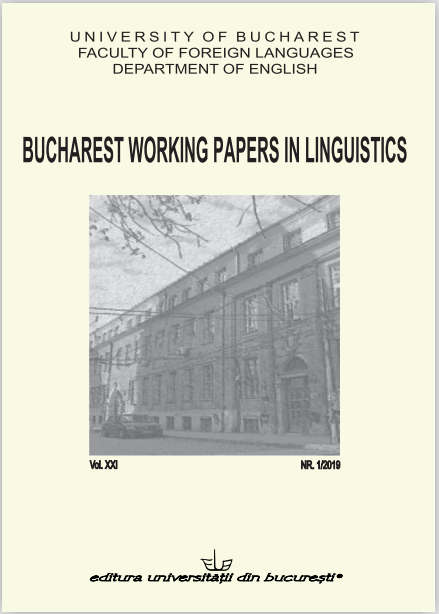“Allez, (mon) chou, on y va!”. Twenty years later: Revisiting the puzzle of French vocatives
“Allez, (mon) chou, on y va!”. Twenty years later: Revisiting the puzzle of French vocatives
Author(s): Martine Coene, Yves D'hulst, Liliane TasmowskiSubject(s): Syntax
Published by: Editura Universităţii din Bucureşti
Keywords: vocative phrase; construct state; pronominal complementation; movement; Possessor;
Summary/Abstract: The main assumption put forward in this paper is that that vocative phrases are not substantially different from noun phrases in argument positions when it comes to their internal make-up and the rules underlying their syntactic derivation. Building on evidence coming from different stages and registers of French, two distinct strategies are distinguished that produce determinerless or bare vocatives: the construct state strategy in the case of singular vocatives, and a pronominal complementation strategy in the case of plural vocatives. Although both strategies are different and independent, they share two crucial properties: they both rely on movement to the highest functional projection of the nominal phrase connecting all heads between Voc0 and N0, and they both attribute a special role to the Possessor argument. Against this renewed theoretical background some peculiarities of French vocative constructions are revisited. It is argued that contrary to Old French, in Modern French full N-to-D movement has become obsolete with ordinary common nouns. As in most modern Romance languages, only proper nouns, some diminutives or terms of endearment as well as a handful of kinship terms may still be found in the highest functional layers of the noun phrase. This option is restricted to singular nouns only and heavily relies on the presence of an overt or implicit possessor. Plural bare vocatives are outdated as well, albeit for different reasons. They are analyzed as instances of pronominal complementation. As complemented pronouns are strongly in decline in Modern French, plural bare vocatives follow this downtrend. Modern French offers for both plural bare vocatives and complemented overt pronouns the same alternative strategy: overt realization of the determiner. In the case of vocatives, this alternative is not semantically equivalent, since it does not obligatorily entails a speaker-oriented interpretation of the possessive, when PossP is present.
Journal: Bucharest Working Papers in Linguistics
- Issue Year: 2/2019
- Issue No: 24
- Page Range: 101-120
- Page Count: 20
- Language: English, French

